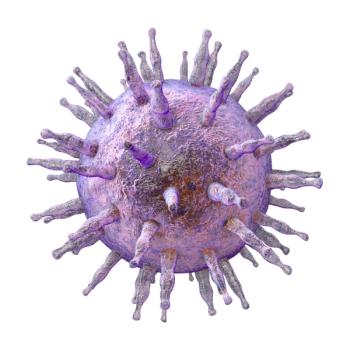
An off-the-shelf cellular therapy that combines Epstein Barr Virus–Specific T cells and a CD30-targeting chimeric antigen receptor product demonstrated safety and early efficacy in a group of patients with CD30-positive lymphomas.

Your AI-Trained Oncology Knowledge Connection!


An off-the-shelf cellular therapy that combines Epstein Barr Virus–Specific T cells and a CD30-targeting chimeric antigen receptor product demonstrated safety and early efficacy in a group of patients with CD30-positive lymphomas.

The Association for Clinical Oncology cites expanded patient access and health equity as reasons for implementing broader telehealth coverage across the United States.
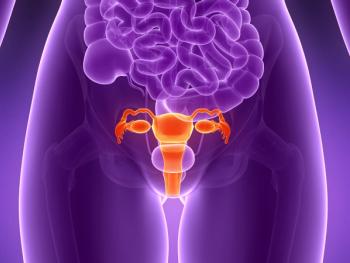
Results presented at part of the European Society for Medical Oncology Virtual Plenary show positive results of a phase 3 trial comparing cemiplimab with chemotherapy for previously treated cervical cancer.

Pembrolizumab plus chemotherapy as neoadjuvant therapy followed by adjuvant monotherapy in patients with early triple-negative breast cancer was superior in terms of event-free survival versus matched placebo.
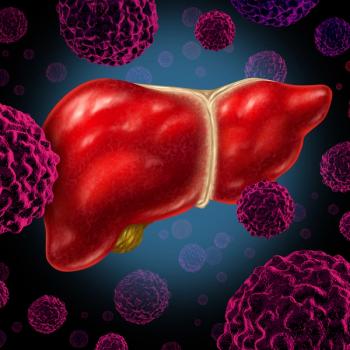
According to an economic evaluation, the use of atezolizumab plus bevacizumab is not cost effective versus sorafenib for the treatment of hepatocellular carcinoma when considering life-years gained and willingness-to-pay thresholds.
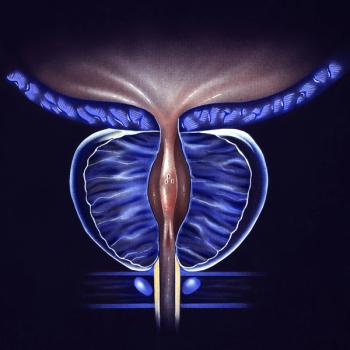
A technology that uses AI to deliver focal laser therapy to prostate tumors was granted breakthrough device designation by the FDA, which will allow for the swift development and commercialization of the product.
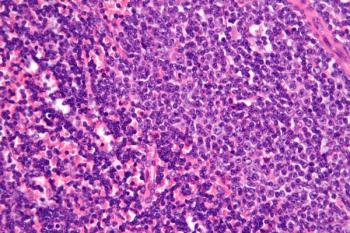
MB-106, a CD20-targeted CAR T-cell therapy that has shown promise in the treatment of B-cell non-Hodgkin lymphoma, is now being considered for patients with relapsed or refractory CD20-positive chronic lymphocytic leukemia.

Anti-HER2 blockade without chemotherapy in the treatment of HER2-positive early breast cancer may be possible in patients with certain RNA expression signatures.

The TROP2-directed antibody-drug conjugate datopotamab deruxtecan induced responses and an acceptable safety profile in a cohort of patients with triple-negative breast cancer treated on a phase 1 trial.

For the detection of oral squamous cell carcinoma and oropharyngeal cancer, a novel technology has been granted breakthrough device designation by the FDA.
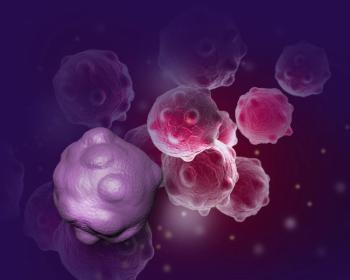
CancerNetwork® spoke with Sanju Sinha of the National Cancer Institute about the resulting data from his research into sex differences associated with using tumor mutational burden to predict response to PD-1 inhibition.

Data reported from the phase 3 POSEIDON trial are the first to demonstrate a statically significant overall survival benefit with tremelimumab.

An optical coherence tomography–based imaging system was granted breakthrough device designation for detection of residual tissue during certain surgical procedures in patients with breast cancer.

In the advanced treatment setting, an FDA decision has indicated that the combination of pembrolizumab and lenvatinib may soon be available for certain patients with endometrial tumors and renal cell carcinoma.

CancerNetwork® sat down with Hans P.A. Van Dongen, PhD, Shobhan Gaddameedhi, PhD, and Jason McDermott, PhD, to discuss their research into how circadian disruptions may lead to changes in cancer-related genes.

Based on response data from a randomized phase 3 trial, the FDA granted accelerated approval to pembrolizumab plus trastuzumab and chemotherapy for the treatment of HER2-positive gastric tumors.

Statistical significance was reached across all end points of the phase 3 GENESIS trial investigating granulocyte colony stimulating factor plus either motixafortide or placebo in patients with multiple myeloma receiving autologous bone marrow transplantation.

Based on results of a phase 3 study, the IDH1-targeted agent ivosidenib will be considered by the FDA as therapy for cholangiocarcinoma following prior treatment.
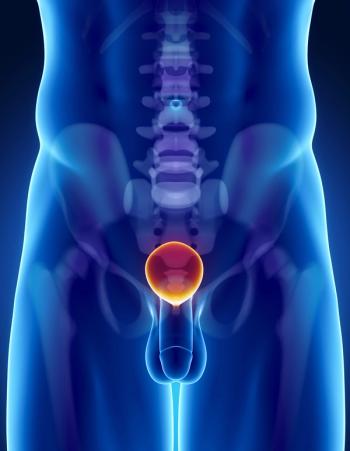
The NanoTherm therapy system for focal ablation of intermediate-risk prostate cancer continued to show a tolerable safety profile in a recent analysis.
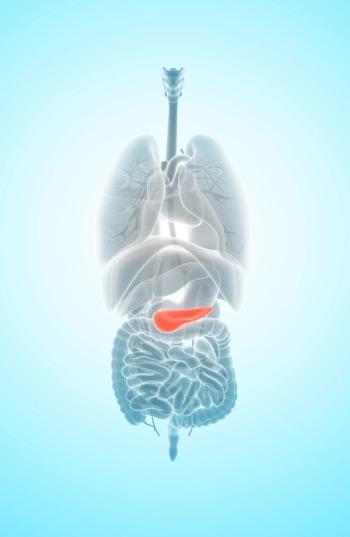
Rolling submission with the FDA for surufatinib treatment in patients with pancreatic and extra-pancreatic neoendocrume tumors was completed and an expanded access program for the drug is currently underway for patients in the United States.

CancerNetwork® spoke with Neelam and Sanju Sinha of the National Cancer Institute about their research into sex differences associated with using tumor mutational burden to predict response to PD-1 inhibition.
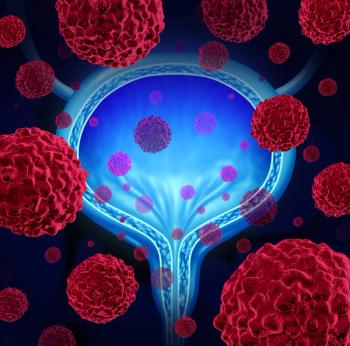
Based on results of the recently reported phase 3 CheckMate 274 trial, the FDA has granted priority review designation to nivolumab for the adjuvant treatment of high-risk muscle-invasive bladder cancer.

By a close decision, the FDA’s Oncologic Drugs Advisory Committee voted against upholding the accelerated approval of nivolumab monotherapy to treat patients with hepatocellular carcinoma following sorafenib.

Chemotherapy-induced myelosuppression was reduced when trilaciclib was used before chemotherapy for patients with extensive-stage small cell lung cancer versus placebo.

Accelerated approval for atezolizumab in the treatment of patients with locally advanced or metastatic urothelial carcinoma who are not eligible for certain chemotherapy regimens was maintained by an FDA committee vote.

Based on response efficacy in a phase 1/2 trial, the FDA granted the selective oral tyrosine kinase inhibitor mobocertinib priority review for patients with pretreated metastatic non–small cell lung cancer harboring insertion mutations in EGFR exon 20.
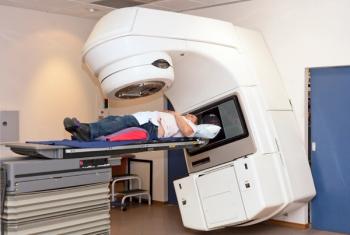
A clinical trial examining the safety of stereotactic body radiotherapy for patients with oligometastases indicated that the modality was safe for patients with multiple metastatic sites.

Data from the phase 2 LOTIS-2 clinical trial supported the accelerated approval of loncastuximab tesirine for patients with relapsed or refractory large B-cell lymphoma.

A poster presentation from the Oncology Nursing Society’s 46th Annual Congress describes a single-center clinician education program aimed at improving patient satisfaction.

A recent analysis revealed that patients with cancer who scored highly on depression and anxiety scales were more likely to suffer from symptoms of chemotherapy-induced nausea.